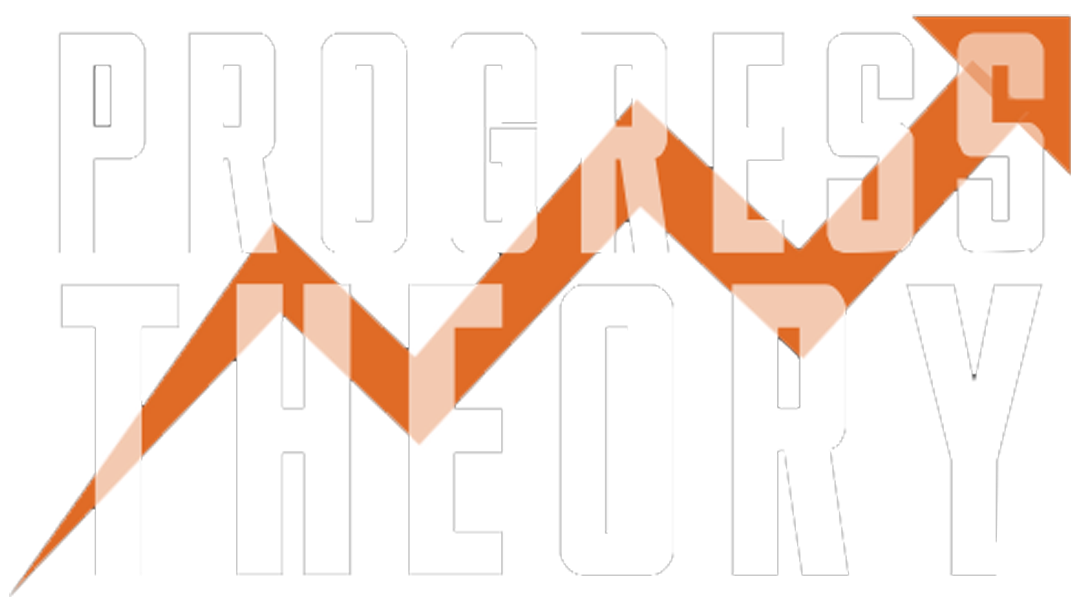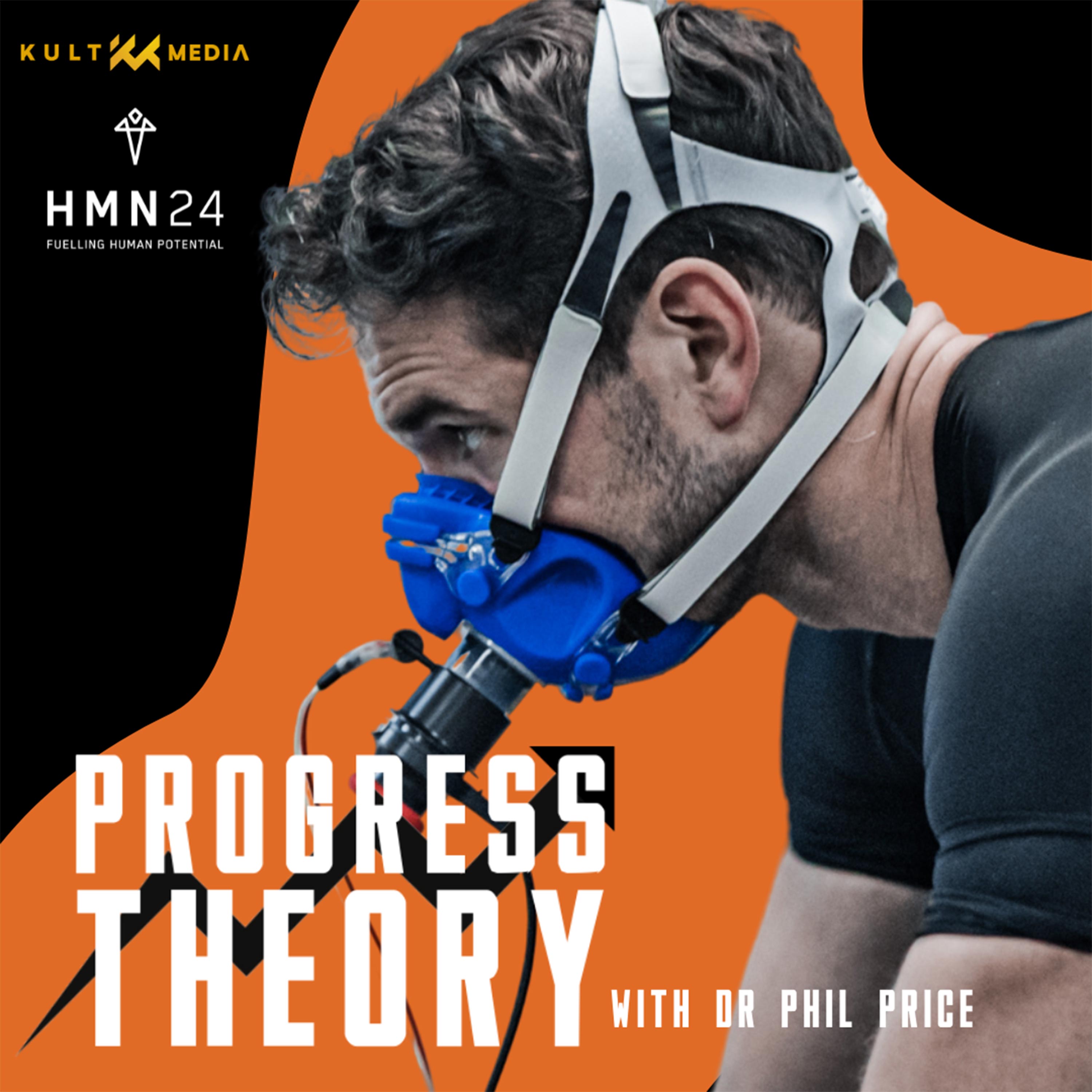Training for the Marathon Des Sables and the Atlantic solo row - Jamie Carr
Hello and welcome to The Progress Theory where we discuss how to implement scientific principles to optimise human performance. On today’s episode, we have football coach and adventure athlete, Jamie Carr.
Jamie has started the Nothing Ventured campaign where he looks to complete the Marathon Des Sables, a 6-day ultramarathon across the Sahara desert, and row solo across the Atlantic, all to raise £50,000 for children’s charities. In this episode, Jamie and I discuss the reason why he’s taking on these challenges, the logistics of the challenges, and how big physical challenges like these really help you grow outside your comfort zone. I have included the Nothing Ventured website in our show notes so you can donate to this amazing cause if you wish.
http://nothingventuredcampaign.com/
In this episode, we discuss:
- 1:30 - An introduction to Jamie Carr
- 2:24 - The Nothing Ventured campaign
- 6:07 - The Charities involved with the Nothing Ventured Campaign
- 9:25 - Why the Marathon des Sables and Atlantic Row
- 14:39 - The logistics and dangers of the challenge
- 15:05 - Safety during the Atlantic row
- 21:03 - Logistics of Marathon Des Sables
- 22:50 - Foot care for MDS
- 25:48 - What you carry during MDS
- 28:04 - Training for the challenge
- 32:10 - Mindset
- 34:53 - Advice for getting out of your comfort zone and doing your bucket list
- 37:17 - Future challenges?
- 42:00 - How to follow the Nothing Ventured Campaign
Final Thoughts
It is incredible what he is doing to raise money for charities and it will have such an impact on people’s lives. It was an inspirational episode and one which I hope encouraged everyone listening to complete their own bucket list.
I just wanted to provide some final thoughts on key areas which really stood out to me.
Firstly, it was such a shock to me to learn about so many additional dangers associated with these challenges. I understand the dangers of dehydration and heatstroke during the Marathon des Sables, but it just didn’t cross my mind that scorpions could also play a huge factor. Similarly in the row, being attacked by marlins? I would have never have thought of that. These are dangers you only find out by experiencing it first hand, so like Jamie says, when looking to take on a new challenge, find many people who have done similar challenges and ask as many questions as possible.
And secondly, I enjoyed hearing about Jamie’s drive and determination. As he learns more about these challenges and the difficulties you face when taking them on, it seems to spur him on even more. It’s like the more pain he may experience, or the greater the chance of him not succeeding, the more he wants to do it. The most important part of his mindset was acceptance. He accepts it’s going to suck, which reduces his anxiety. You can’t worry about something you’ve already accepted.
Anyways I hope you enjoyed this episode and it gave you plenty of inspiration to take on your own bucket list. It would be awesome if you could also leave us a review and share this episode on your insta story to help the show grow. We’ll see you in the next one.
FOLLOW OUR PODCAST
Follow our Host / Guest
Explore these Resources or Items Mentioned in the Show
Guest picks

